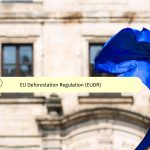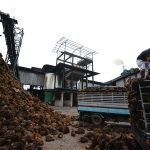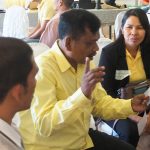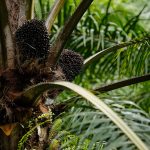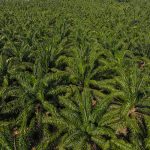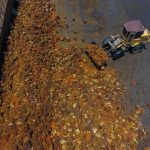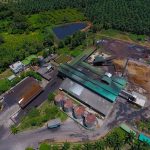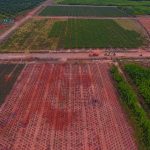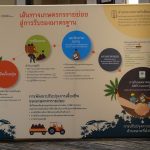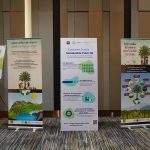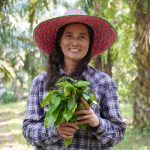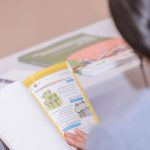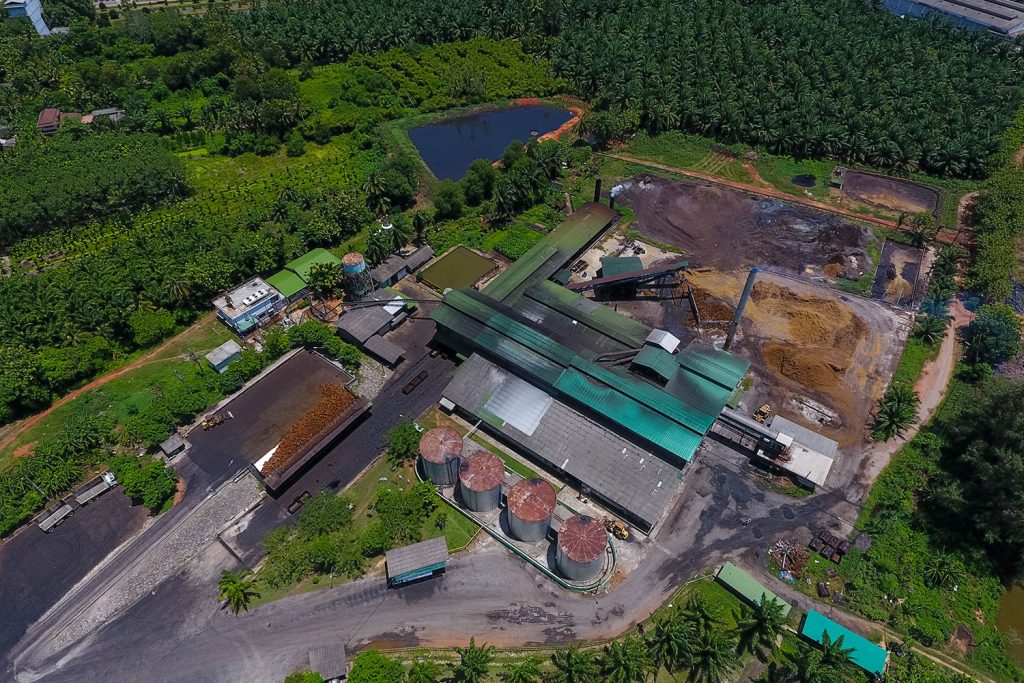
The European Union has introduced the new stringent regulation known as the EUDR to address concerns about deforestation, environmental degradation, and human rights abuses associated with agricultural production activities all over the world. The deforestation-free regulation will come into effect by 2024 and targets 7 groups of commodities with the greatest impact on deforestation, namely coffee, cocoa, soy, palm oil, cattle, timber, and natural rubber, and some of the products derived from them such as chocolate, leather and furniture. The ‘operators’ and ‘traders’ in the EU will be required to implement due diligence on their supply chains to ensure that they are free from deforestation and forest degradation.
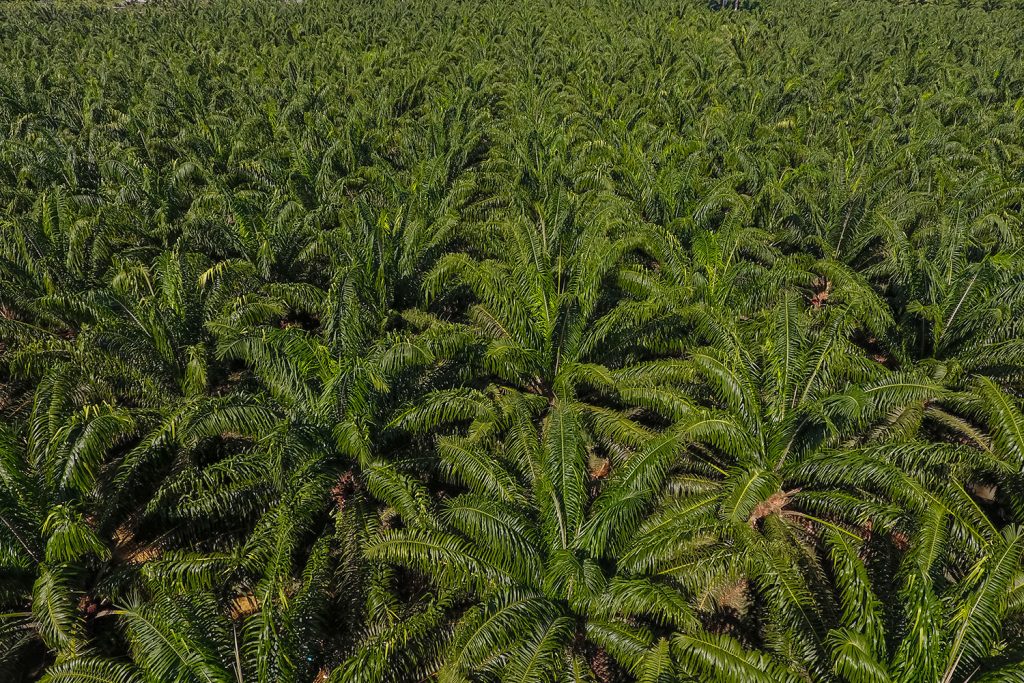
A due diligence system involves three parts.
Information gathering – Collecting data on your product´s supply chain, including the geo-localisation and time period of primary production.
Risk assessment – Assessment of the information to determine the risk of deforestation, forest degradation and illegality associated with the product.
Risk mitigation – Actions to reduce non-negligible risks to negligible levels. Actions include requesting further information, independent surveys, scientific product testing or audits.
In 2022, Thailand exported these commodities to the EU at a value of 1.85 billion USD. Natural rubber products were the most exported, accounting for 11.5%, followed by timber products (1.36%) and palm oil products (1.30%). Inevitably, the EUDR will affect manufacturers and farmers in Thailand. Sustainable farming practices have become the cornerstone of gaining the European market’s trust. Realising the gravity of the situation, Thailand’s government swiftly took action to improve traceability measures, reduce deforestation, and address labour rights concerns.
With respect to the Thai palm oil sector, Thailand would have an advantage over palm oil producing countries like Indonesia and Malaysia because over 90% of oil palm planted areas were converted from agricultural land formerly used to grow natural rubber, fruits, and rice rather than native forests. Moreover, most Thai farmers hold land rights and tenure legally.
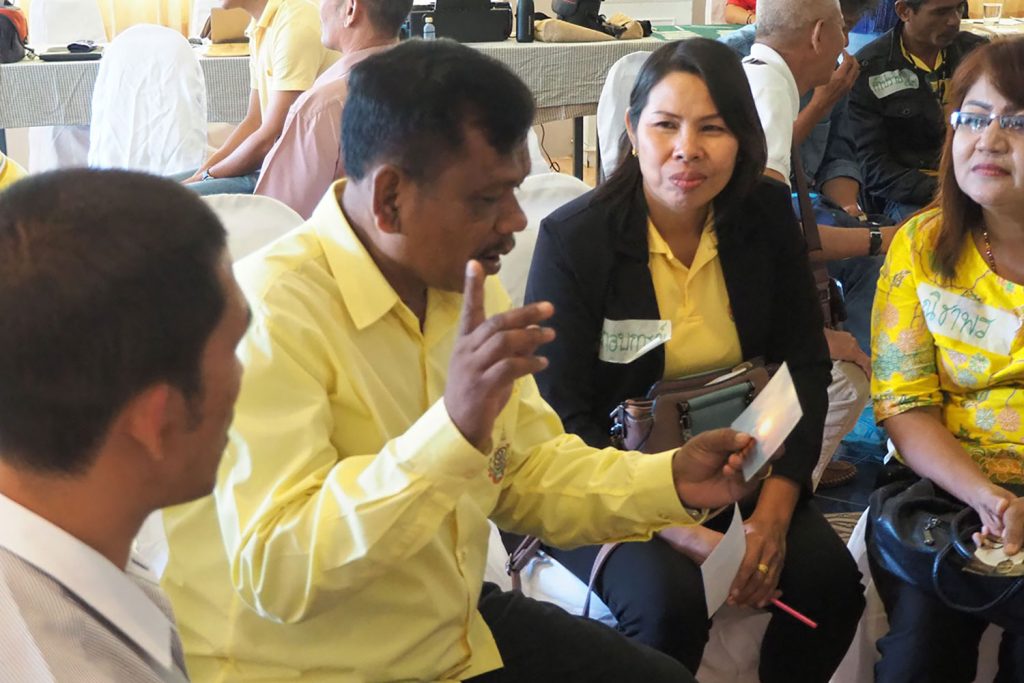
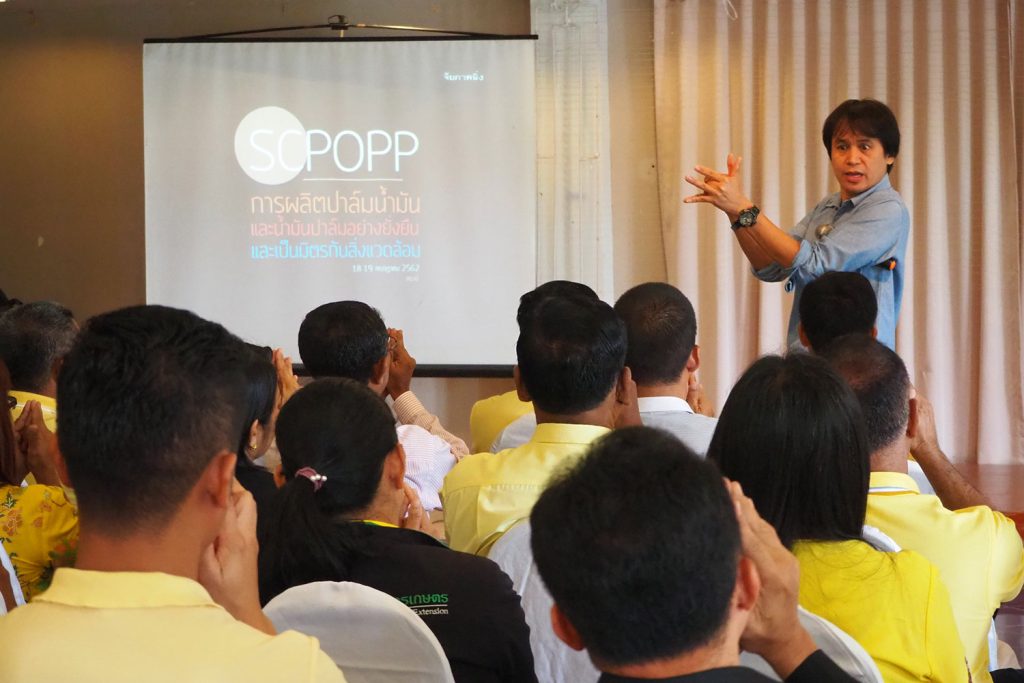
Collaborating with palm oil producers and international organisations, they embarked on an ambitious journey towards sustainability. The Sustainable Palm Oil Production and Procurement (SPOPP) project, operated by GIZ and funded exclusively by Global Green Chemicals Public Company Limited (GGC), supports approximately 1,000 farmers in adopting sustainable farming practices and obtaining the Roundtable on Sustainable Palm Oil (RSPO) certification. The SPOPP project has introduced a digital farm database management application called “i-Palm”.

It assists farmers in collecting essential information like geo-localisation of oil palm planted areas and the period of primary production, which is crucial for improving traceability in the supply chain and meeting the EUDR due diligence requirements. Palm oil products obtaining the RSPO certification come with credible compliance with no deforestation, safeguarding the environment and no labour rights violations in the supply chain.
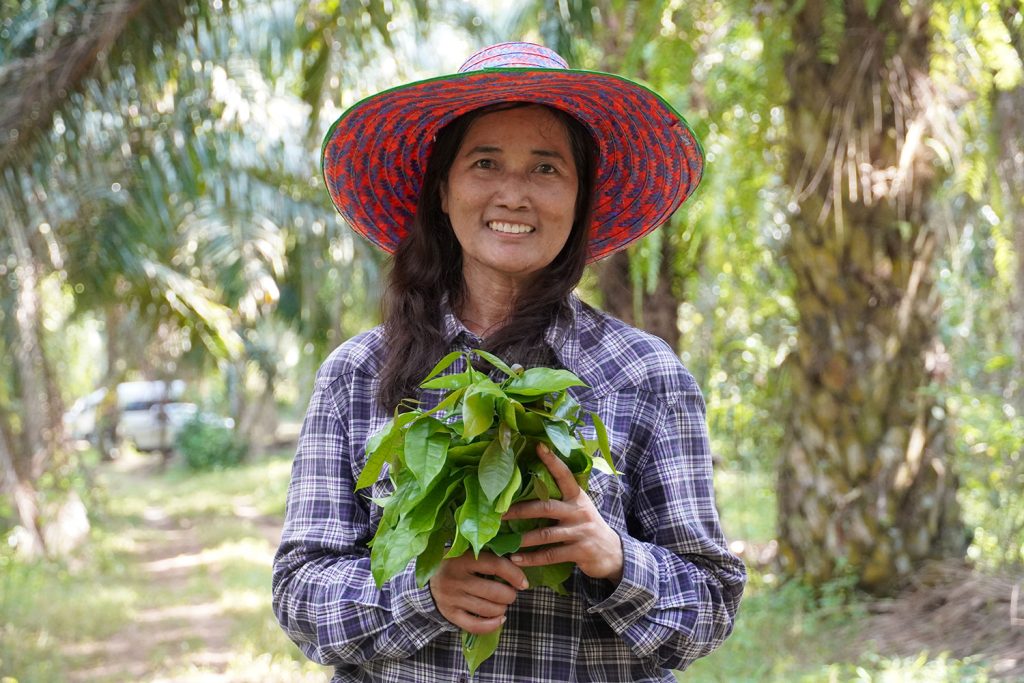
Though the road was arduous, the impacts of the EUDR on Thailand’s palm oil industry are ultimately positive. The new legislation has helped secure better trade opportunities rather than acting as a trade barrier. The EUDR will not only help safeguard the environment and protect human rights but also push innovations for sustainable growth and achieving the country’s net-zero goal. Thailand’s success story in complying with the EUDR will soon resonate globally, inspiring other major palm oil producers to follow suit.
Reference:

